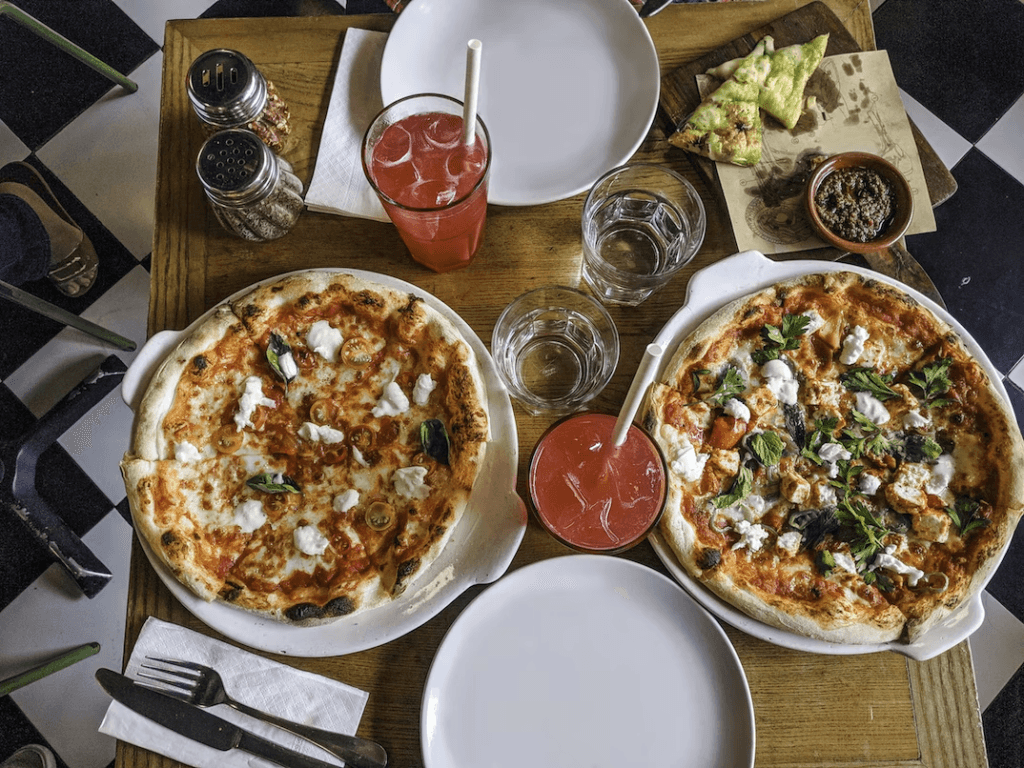Loss Aversion, why it works!

Loss aversion is the idea that we feel more pain at losing something than we feel pleased or excited when we gain something of an equal value.
Studies show that loss aversion is twice as powerful psychologically as the acquisition of something. In simpler words, it focuses on how people hate losses more than equivalent gains.
Loss Aversion
The concept of loss aversion was first published in a 1984 paper entitled “Choices, Values, and Frames” by economists Kahneman and Tversky. They carried out a series of experiments that showed people tend to fear a loss twice as much as they are likely to welcome an equivalent gain.
Kahneman offers the example of a coin-flip scenario. He asks his students; ''I'm going to toss a coin, and if it's tails, you lose $10. How much would you have to gain on winning in order for this gamble to be acceptable to you?''
He says that most people expect at least $20 for the winning outcome. That is twice as much upside as there is a downside. (After all, there is a 50% chance of winning and a 50% chance of losing). He also says that if you raise the amount to $10,000 in the question; people will respond with $20,000. Loss aversion is very much a consistent phenomenon regardless of the amounts involved.
A tale of two pizzas

An interesting case study conducted by Irwin P. Levin, Judy Schreiber, Marco Lauriola & Gary J. Gaeth, where consumers were asked to build their pizza either by scaling down from a fully loaded pizza or build-up by adding toppings.
Consumers ended up with significantly more ingredients, and a pizza for a higher cost, in the Scale Down Condition than in the Build Up Condition.
As the customer could see what they were losing out on, they refrained from removing many items.
The Ownership Effect
People work hard to get what they have. And once we’ve got something, we hate to let it go.
This is true whether the thing we have is actually ours or if we just think of it as ours.
Now join this feeling of ownership with the fear of loss and it creates a powerful hook in our brains.
Because we don’t like losing, once we have something, we don’t want to let go of it (and to top it even more – we value it much more). This is called the ownership effect. What it means, is that by making your audience feel they already own your product, they will be more likely to buy it- because not doing so, would mean losing it.
Magda Kay
Examples in the wild
You will most likely see this in play in digital products. Some examples are below.
Amazon
Amazon offers you prime membership for a free trial. Then offer you prime video, music, Next day deliveries with it. Most often people tend to continue with the subscription. Because of the ownership effect talked about above.
Or when the trial comes to an end or you are about to cancel the subscription. They show what benefits you could lose and also how much they helped you save that you wouldn't have otherwise.
Spotify
Spotify when they launched in India, offered a generous 6-month free trial. Post which you had to renew your subscription. Just think of it would you cancel your subscription after using it for 6 months, I don't think so, by then it has already become an integral part of your everyday life something that you couldn't replace easily (Ownership Effect & Risk Aversion).
Takeaway
We are known to be risk averse. The idea of just losing out can make us buy something even if we didn't really want it. It is a concept that is widely accepted and hey I use it myself and something we can't shake off easily in todays world
Losing something is a rational fear, but it’s important to weigh up that against the potential gains. For example, if you don't take up that Spotify free trial, you could potentially end up saving a good amount of money on the long run.
Loss Aversion is pretty sneaky, right?
Covid19 Messaging
Which was more effective, let me know in the comments
A: By not washing your hands, you could lose elderly or vulnerable members of your community.
B: Wash your hands to save lives.
Join my mailing list
P.S I promise not to be a human spam.